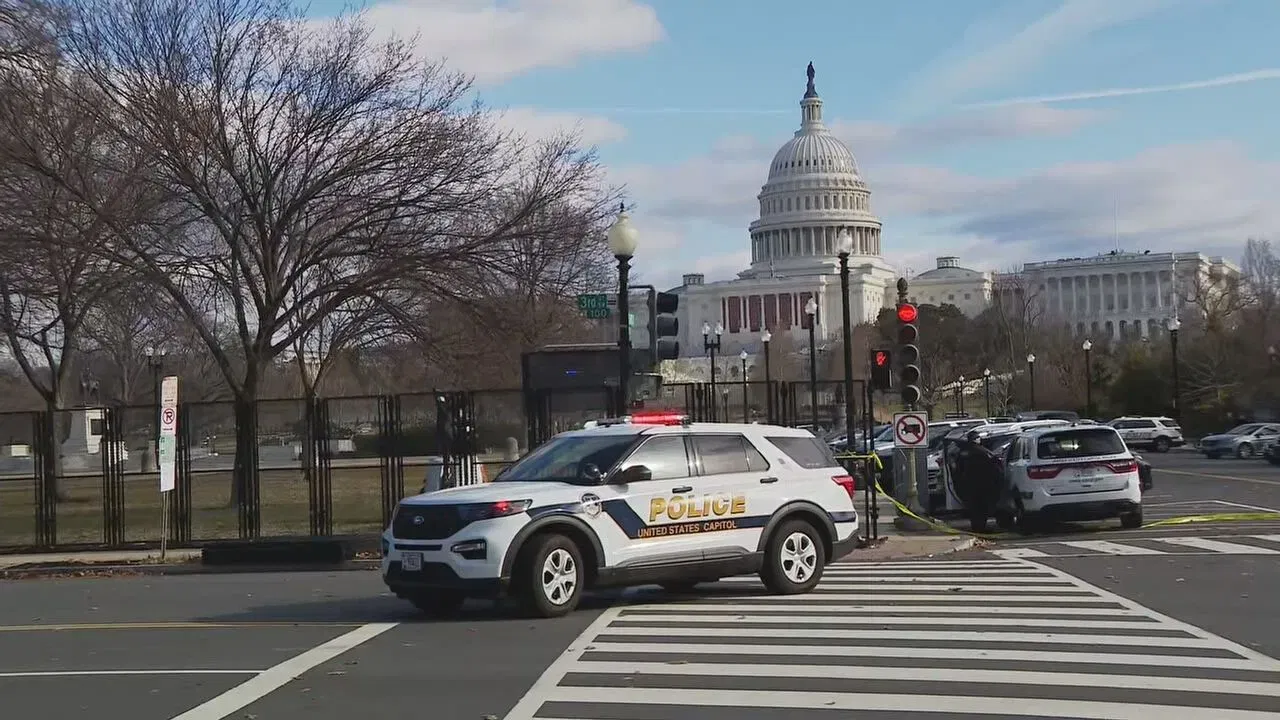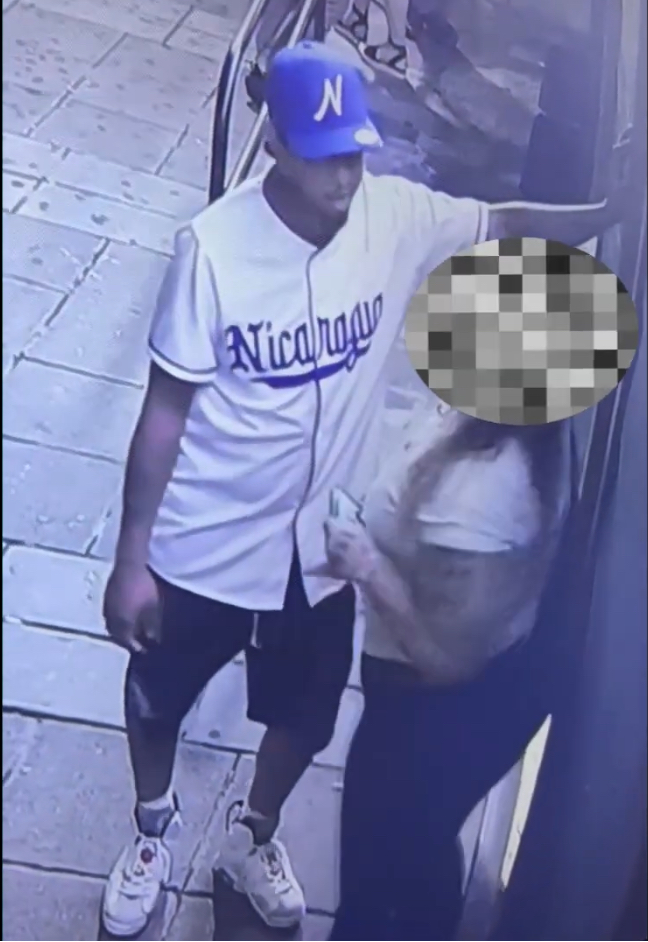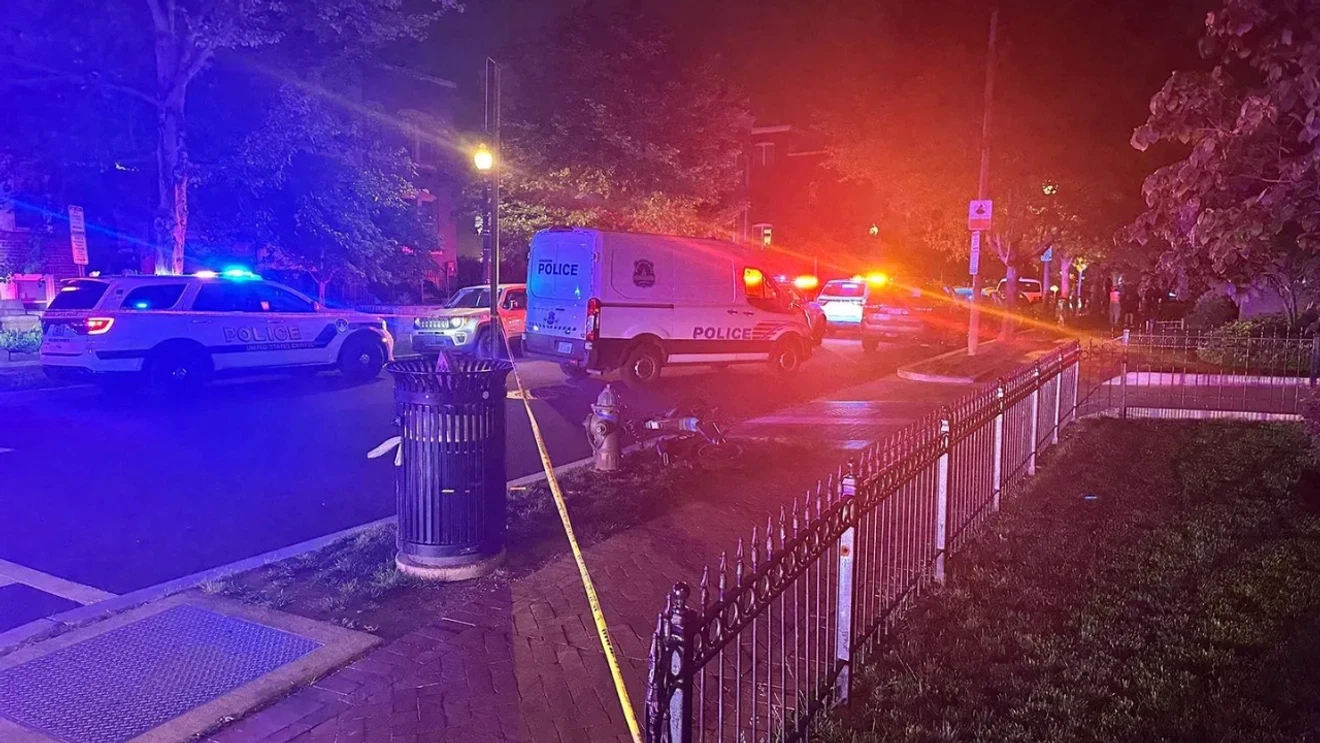WASHINGTON, D.C. – The United States Capitol Police have confirmed that several of their top officials are among the latest victims of a disturbing trend involving unsolicited pizza deliveries—a tactic believed to be used to intimidate and harass public officials.
The disturbing campaign, which has already affected members of Congress from both major parties, has now escalated to include Capitol Police leaders, raising alarm among federal authorities and security experts. Investigators say the anonymous orders are not merely harmless pranks, but potentially sinister messages: “We know where you live.”
Pizza Deliveries as a Form of Harassment
According to John Torres, President of Security at Guidepost Solutions and a former Special Agent in Charge at Homeland Security Investigations, the intent behind the deliveries is to instill fear.
“The message I see is pretty clear,” said Torres. “These pizzas are being sent to their residence. They know where they live, and maybe next time it won’t be a pizza.”
The victims of these deliveries include lawmakers, judges, immigration agents, and now police officials—many of whom are deeply involved in controversial or high-profile roles.
Security Concerns for Law Enforcement Families
While some of the targeted officials have extensive security training and access to protection, Torres warned that their families are often more vulnerable.
“Just because an officer is trained and armed doesn’t mean their spouse or child is. That’s why you have to take it very seriously,” Torres emphasized.
The Capitol Police, now facing the threat directly, have not released specific details about the number of incidents or the individuals targeted, in an effort to prevent copycat behavior. However, they confirmed that the force is working closely with state and federal partners to identify the individuals behind the campaign.
A Bipartisan Threat
The pizza delivery harassment is not politically motivated by party lines. Both Democratic and Republican lawmakers have reported receiving the unwanted deliveries. Senator Dick Durbin (D-IL) highlighted the widespread nature of the issue, noting that even U.S. Supreme Court Justice Amy Coney Barrett’s family has received similar pizza deliveries.
From Prank to Tragedy: The Story of Judge Esther Salas
For some, this tactic has had deadly consequences. In 2020, U.S. District Judge Esther Salas’s son was fatally shot by a gunman disguised as a delivery driver at their New Jersey home. The incident prompted a nationwide call for greater privacy and protection for judges and public servants.
Judge Salas recently shared that her son’s name is now being used in fake pizza orders sent to other judges.
“That says what? ‘I know where you live,’” she said. “My son is now being used to send threats to judges, and that is just so painful.”
Not Just a Joke
Experts agree: even if the delivery appears humorous or harmless, it should not be dismissed.
“You have to take these messages seriously,” said Torres. “Even if they are just a prank or a joke, the reality is you can’t look at it that way.”
Security analysts warn that such tactics may escalate if left unchecked. By leveraging seemingly mundane actions—like ordering pizza—perpetrators send a chilling message of surveillance and potential violence.
Ongoing Federal Investigation
Authorities have not yet identified those responsible, but the Department of Justice, Capitol Police, and other law enforcement agencies are actively investigating. The broader goal is to deter future harassment and protect both public servants and their families from these escalating threats.
In the wake of the investigation, calls for enhanced privacy protections for federal officials are gaining renewed urgency.
As the country grapples with growing concerns about the safety of public servants, these pizza deliveries serve as an unsettling reminder of how intimidation can take unexpected forms—and why vigilance remains critical, even in the most seemingly trivial situations.















Leave a Reply